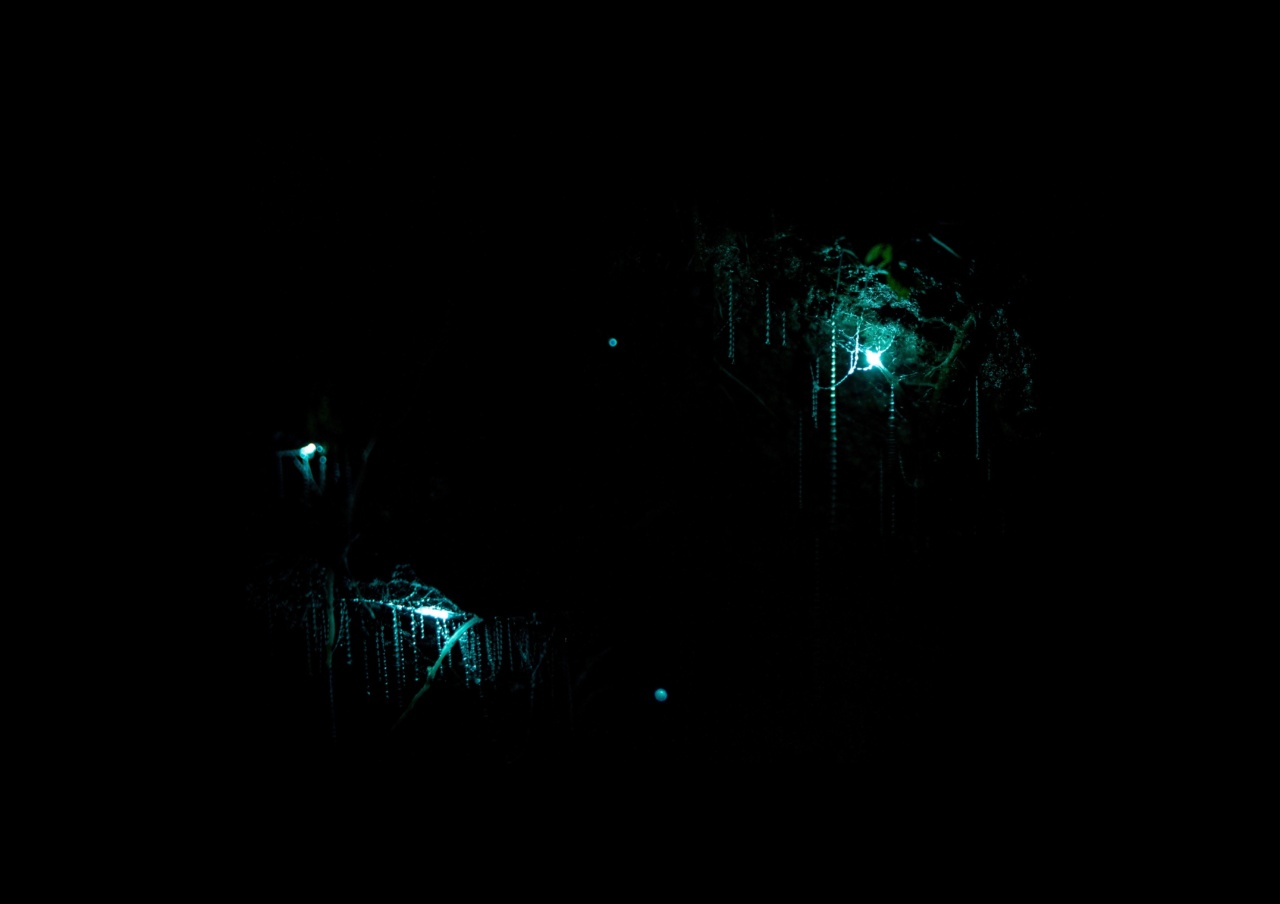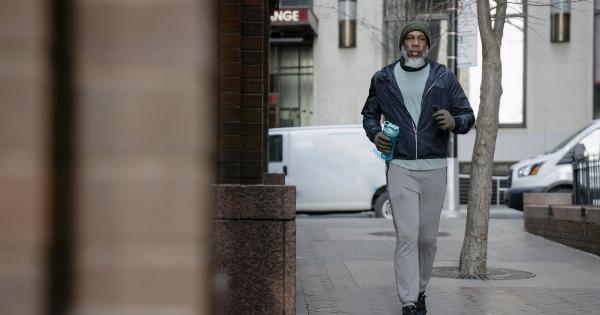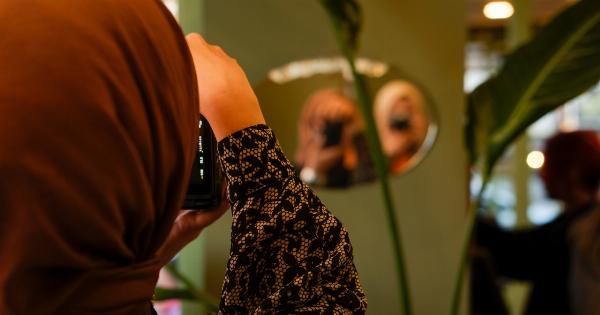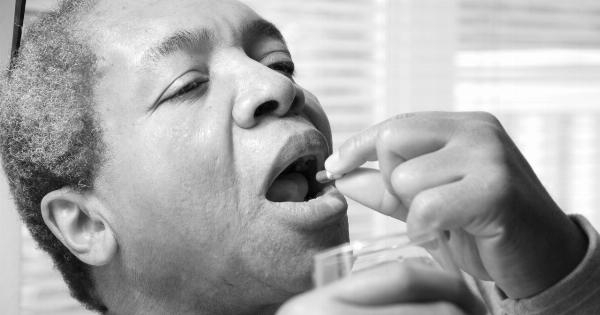The placebo effect is a fascinating phenomenon that has been extensively studied in the field of medicine.
It refers to the phenomenon where a patient experiences an improvement in symptoms simply due to their belief in the effectiveness of a treatment, even if the treatment itself is inert or lacks any active ingredients.
One interesting area of research is the placebo effect during caffeine deprivation. Caffeine is a widely consumed psychoactive substance found in coffee, tea, energy drinks, and other beverages.
It has stimulant effects on the central nervous system and is known to increase alertness and alleviate fatigue.
Effects of Caffeine
Caffeine works by blocking the action of adenosine, a neurotransmitter that promotes sleep and relaxation. By doing so, caffeine increases brain activity and promotes wakefulness.
It also increases the release of other neurotransmitters such as dopamine and norepinephrine, leading to enhanced mood and cognitive performance.
Regular caffeine consumption can lead to dependence, with withdrawal symptoms such as headaches, fatigue, irritability, and difficulties concentrating. These symptoms can significantly impact daily functioning and productivity.
Placebo Effect and Caffeine Deprivation
Given the well-known effects of caffeine, researchers have been curious about the role of the placebo effect in the context of caffeine deprivation. Several studies have provided insights into this phenomenon.
Study 1: Placebo Control in Caffeine Deprivation
In a randomized controlled study, participants were divided into three groups: caffeine consumption group, caffeine deprivation group, and placebo group.
The caffeine consumption group continued their regular caffeine intake, while the caffeine deprivation group abstained from caffeine for a designated period of time.
The placebo group was given a pill that resembled a caffeine tablet, but in reality, it contained no active ingredients. The participants in this group were informed that they were receiving a potentially potent caffeine tablet.
Interestingly, the placebo group reported a significant reduction in caffeine withdrawal symptoms compared to the caffeine deprivation group.
This suggests that the belief in receiving caffeine, even when it was not actually administered, had a beneficial effect on the participants’ experience of withdrawal symptoms.
Study 2: Open-Label Placebo and Caffeine Deprivation
In another study, researchers investigated the effects of open-label placebo during caffeine deprivation. Open-label placebo refers to a situation where participants are aware that they are receiving a placebo treatment.
Participants were randomly assigned to two groups: one received open-label placebo during caffeine deprivation, while the other received no treatment.
Both groups were informed that the purpose of the study was to examine the potential effects of placebo during caffeine abstinence.
Surprisingly, the group that received the open-label placebo reported milder withdrawal symptoms and higher levels of perceived energy compared to the group that received no treatment.
These findings highlight the power of belief and suggest that even the knowledge of receiving a placebo can elicit positive effects.
Placebo Mechanisms
The placebo effect is thought to function through various mechanisms. One possible mechanism is the release of endogenous opioids, which are natural pain-relieving substances produced by the body.
Placebo treatments have been shown to increase endorphin and other opioid activity in the brain, leading to pain relief and enhanced mood.
Another mechanism is the activation of the reward pathways in the brain. Placebo treatments may trigger the release of dopamine, a neurotransmitter associated with pleasurable experiences.
This can lead to improved mood, reduced anxiety, and increased motivation.
Implications and Further Research
The placebo effect during caffeine deprivation has important implications for both clinical practice and everyday life.
It suggests that manipulating individuals’ beliefs and expectations can have significant effects on their experience of caffeine withdrawal symptoms.
Further research is necessary to better understand the underlying mechanisms of the placebo effect during caffeine deprivation.
Additionally, studies exploring the individual differences in placebo response and the factors that influence placebo effectiveness can provide valuable insights.
Conclusion
The placebo effect during caffeine deprivation is a captivating area of research. It highlights the influence of beliefs and expectations on the subjective experience of caffeine withdrawal symptoms.
Understanding the placebo effect can have practical applications in optimizing treatment outcomes and improving overall well-being.




























